A start-up EV carmaker is about to go bust. Fisker, based in Manhattan Beach, California, is reportedly in a dire financial situation.
If the company files for bankruptcy, not only will its employees lose jobs. But the customers may also eventually lose their cars.
Failure to Pay Debt

Fisker, founded by Henrik Fisker and Geeta Gupta-Fisker, revealed its financial woes when it filed a Form 10-K with the Securities and Exchange Commission (SEC).
The company was once valued at $2.9 billion. But now the company couldn’t even pay an interest payment of $8.4 million in March. If no new capital is supplied or the company’s not released from debt, Fisker can expect to file for bankruptcy within 30 days of its April 22nd filing.
Planned Employees Layoff

Fisker planned to lay off its employees and cut its real estate footprint. This plan comes after it had already cut hundreds of jobs this year.
The company went from 1,560 employees strong at the end of last year. Now, 1,135 remain as of the end of April 2024.
Risks of Investment

In the filing, one section described the risks of investing in Fisker. The statement went: “There is substantial doubt about our ability to continue as a going concern.”
In accounting terms, “going concern” can refer to a company’s ability to make enough money to continue operating or avoid bankruptcy.
Unproven Car-Making Abilities
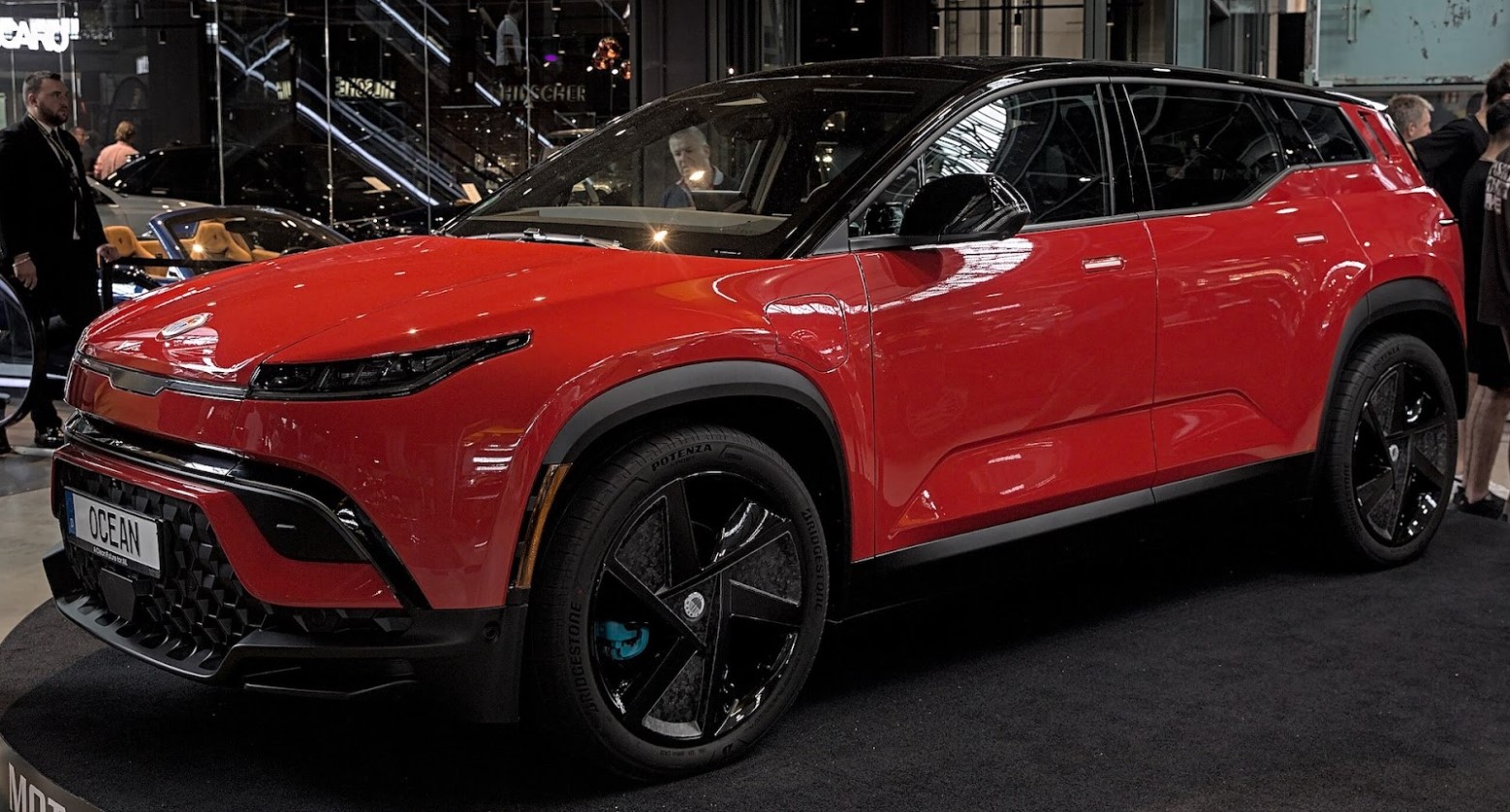
Even more worrisome is Fisker’s own statement about its car-making abilities, which signals a major headache for consumers.
Fisker stated, “Our ability to develop, manufacture and obtain required regulatory approvals for a car of sufficient quality and appeal to customers on schedule and on a large scale is unproven.”
Bad Reception for Ocean
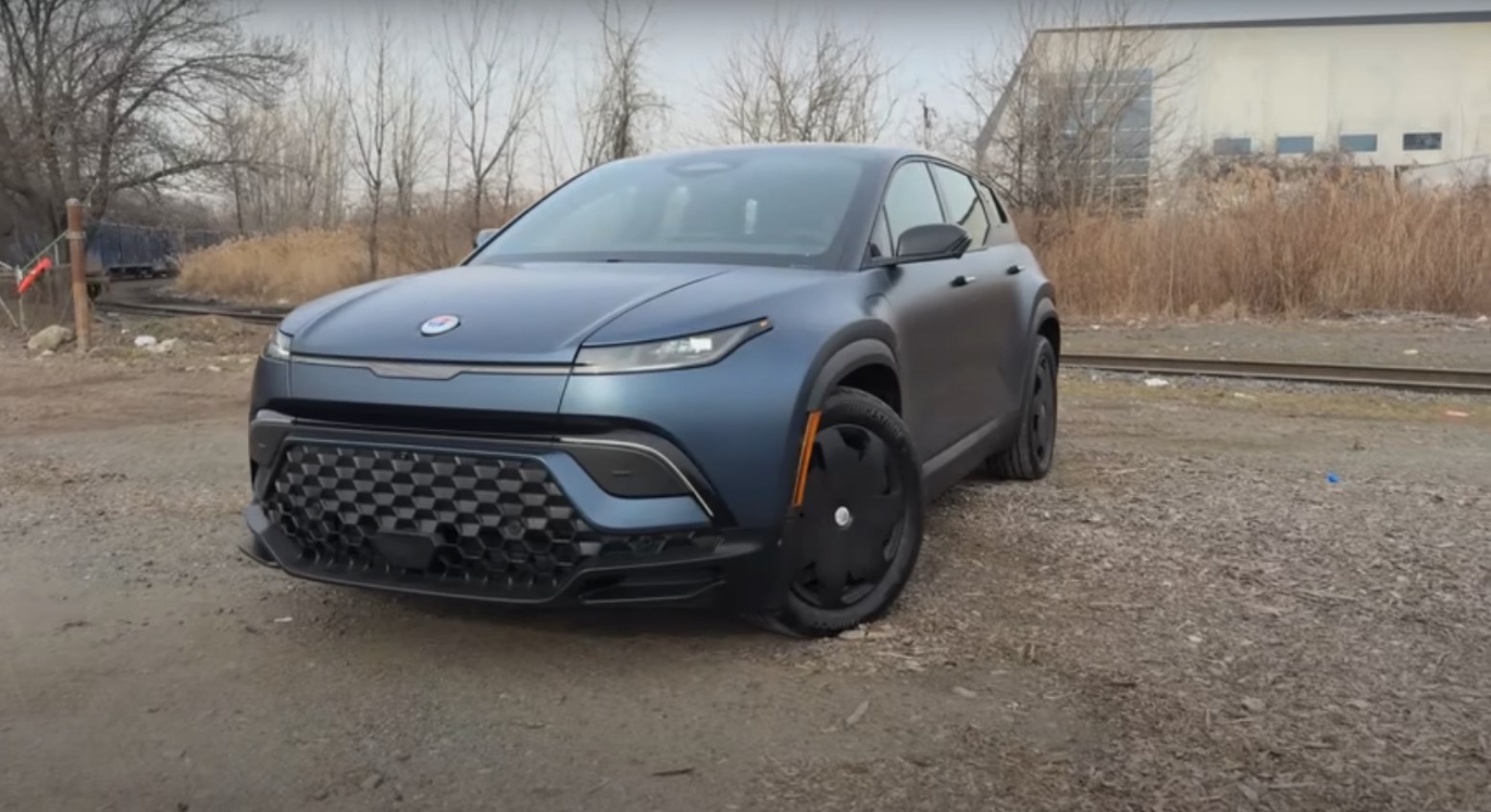
Fisker’s SUV, the Ocean, has been getting plenty of complaints. The company managed to deliver 6,400 cars, according to the filing, but the Ocean’s reception has been mostly negative.
The National Highway Traffic Safety Administration launched several investigations (the latest is the third one) on Fisker’s 2023 Ocean SUV. Among the features investigated are the braking system, the danger of the car rolling away while parked, and a problem with the door latches.
Worst Car Ever Reviewed

A technology reviewer with a massive Youtube following, Marques Brownlee (known as MKBHD), even gave the Ocean an even worse review titled “This is the Worst Car I’ve Ever Reviewed.”
The problem with the car, Brownlee noted, was because “it’s just a young company that doesn’t really know exactly what they’re doing with a lot of these choices yet or hasn’t considered all of the things necessary to make a great car.”
Ongoing Problems With Fisker Cars
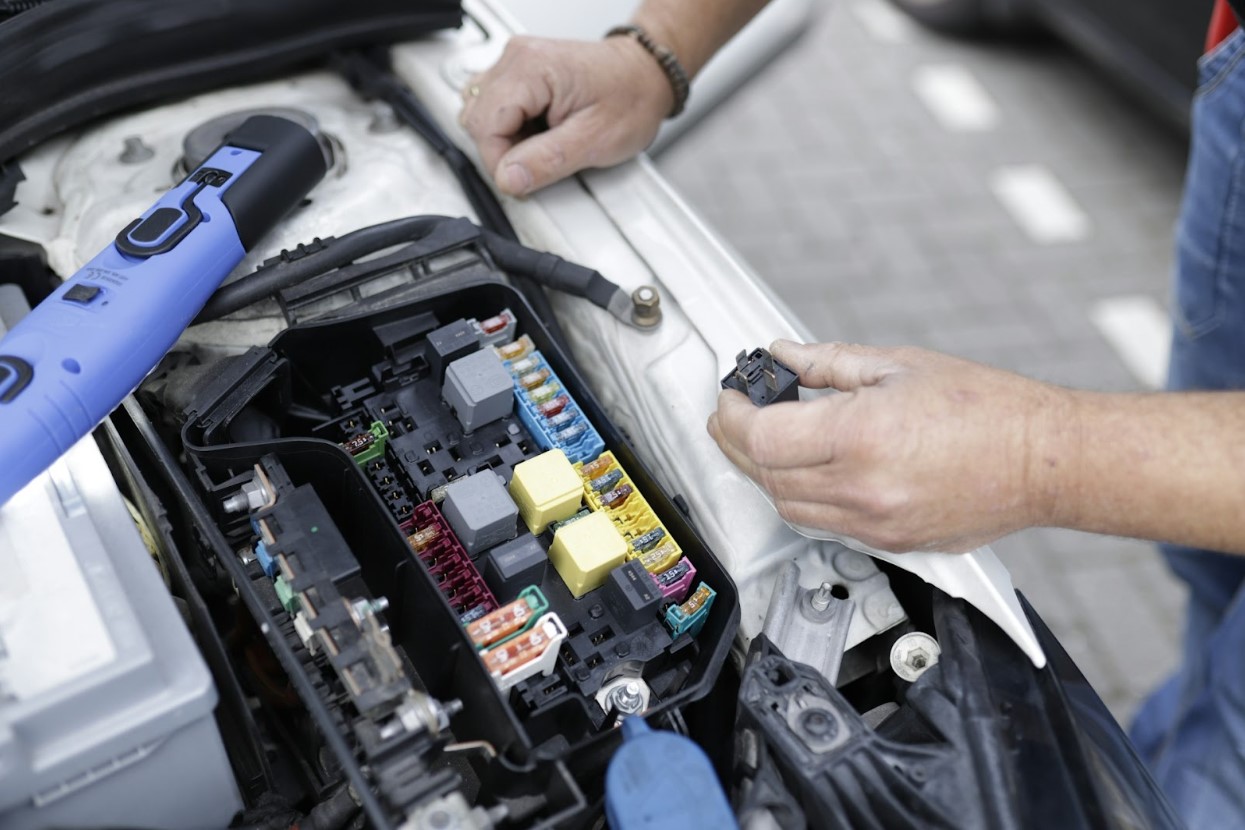
Fisker has been struggling with a backlog of complaints from customers and these customers are worried. A Fisker employee told Business Insider, “People are genuinely worried they won’t have a working car if we go under.”
Not all Fisker cars will get automatically bricked overnight if the company goes bankrupt, but Fisker’s bankruptcy does mean that the company may stop working on bugs or other maintenance issues. After all, why should a company that no longer exists continue its work?
An Undrivable Car
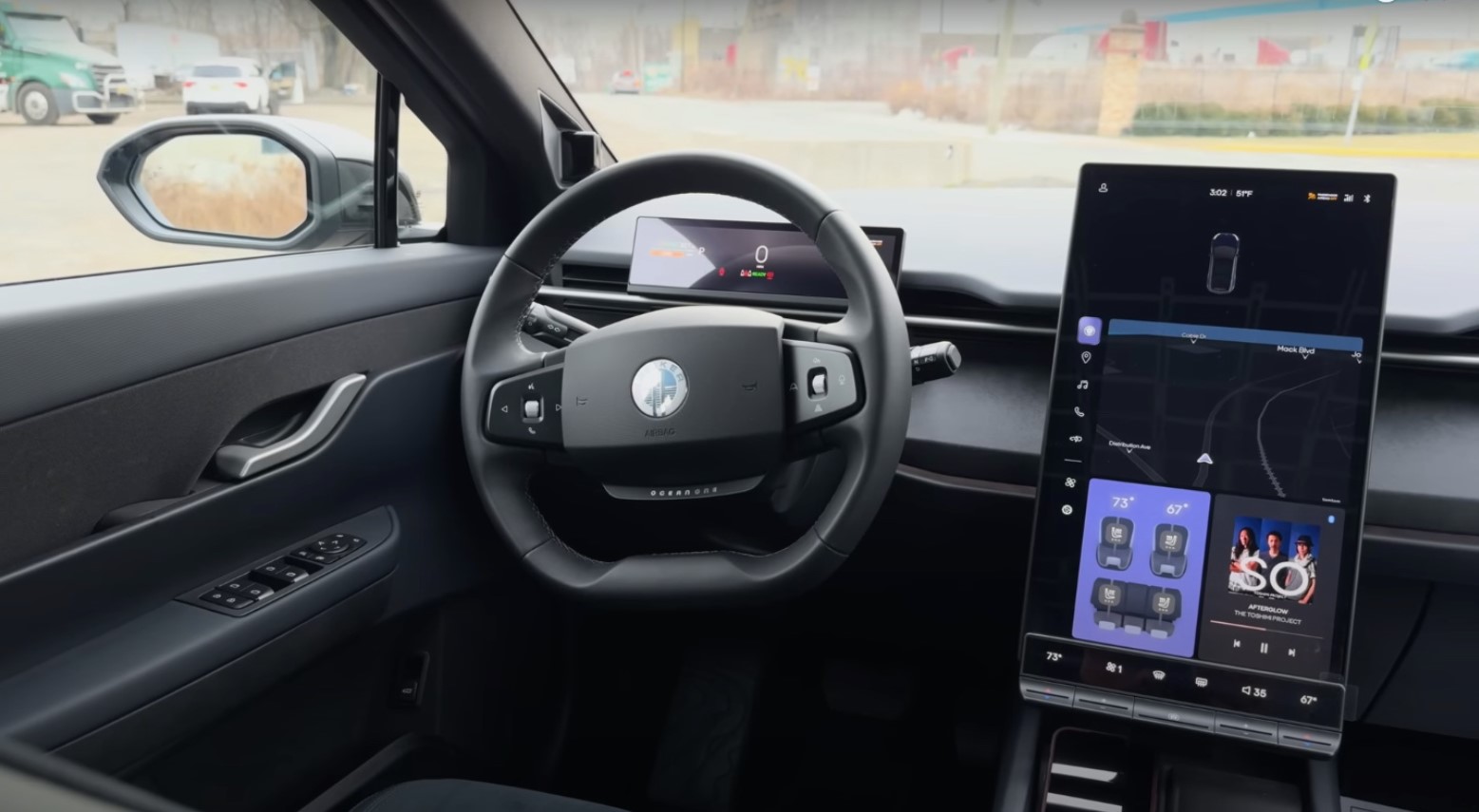
“If Fisker goes bankrupt, who’s going to keep the software running?” asked a Fisker owner, Kurt Mechling, who returned his Ocean after his car became “undrivable.”
Mechling continued, “These cars are basically computers, and they need software updates. If they get stuck on what’s out there right now, pretty quickly they’ll be bricked just like mine was.”
Trouble With Service and Parts
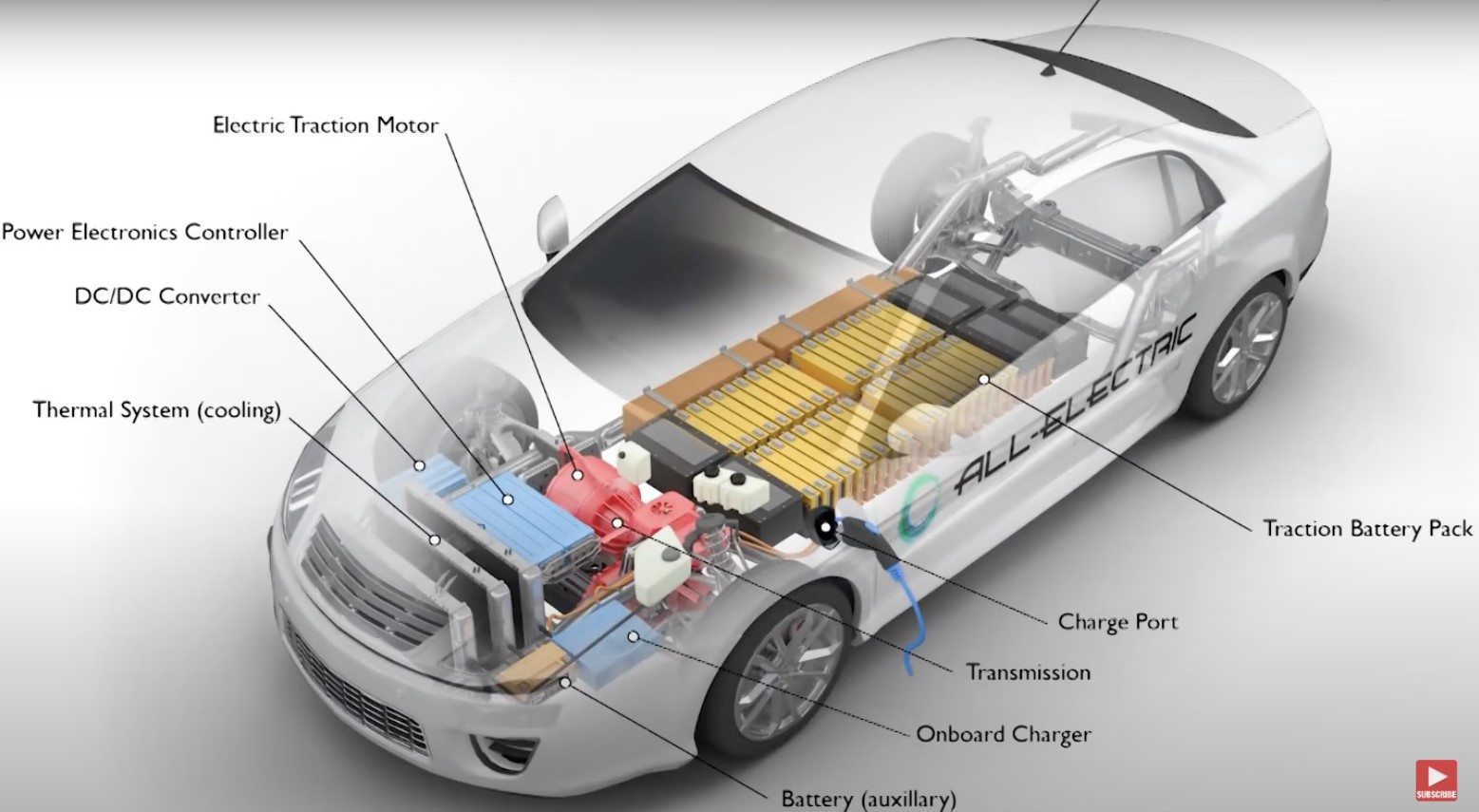
A few Fisker Ocean owners already reported events where their vehicles were bricked for days after their 12-volt battery died. Until a Fisker tech installed a new battery, which took up to 9 days, they couldn’t access their vehicles.
Meanwhile, a Fisker owner in California said that his car had been staying in a Fisker-approved repair shop for 10 weeks. This long stay was for a minor repair to its trim and paint job.
Bad Time for EVs
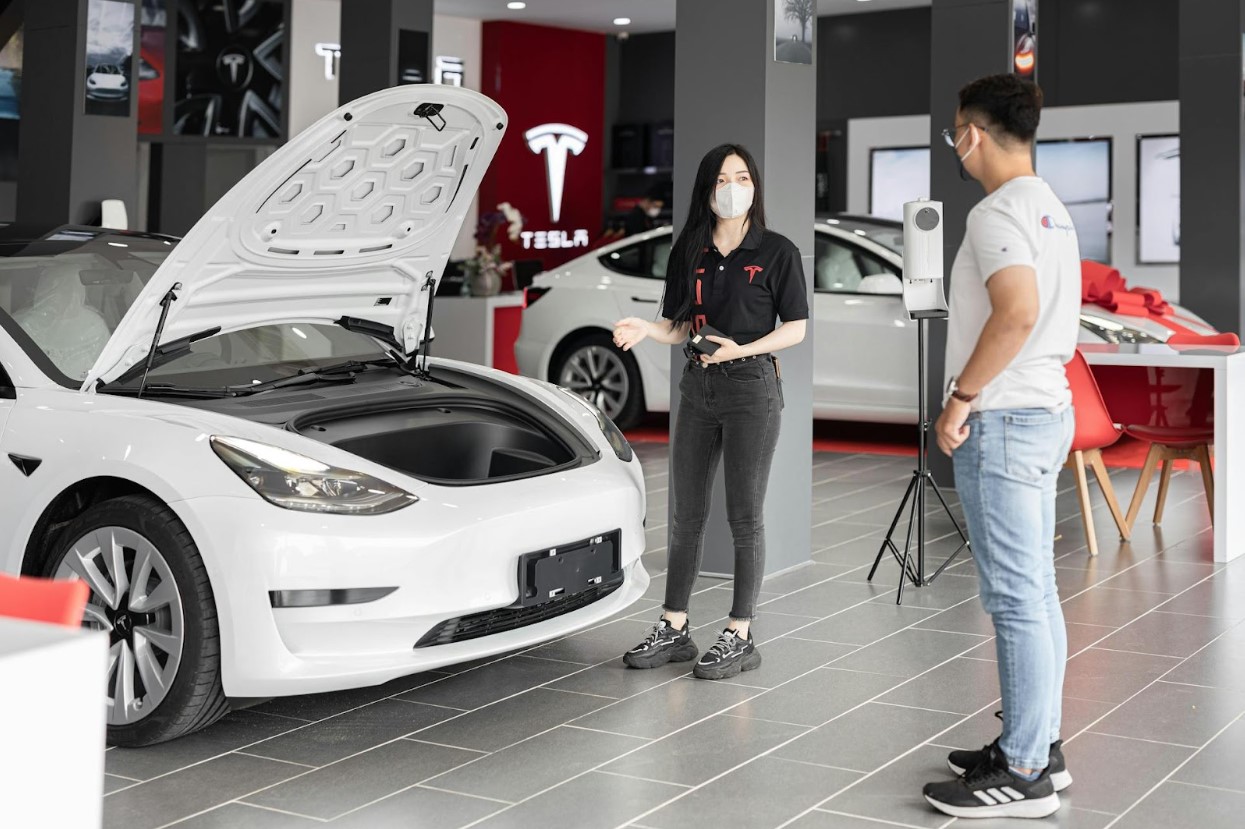
Fisker’s bankruptcy will likely have repercussions for the EV industry as a whole. With an investment analyst already predicting Tesla going bust, the EV market is having a rough time.
EV owners are becoming more practical, trusting legacy automakers more than the startups, Fisker and Tesla included. Fisker’s contemporaries, Rivian and Lucid, for example, must do their best to reassure customers that they’ll be around for a long time to keep their vehicles running.
Henry Fisker’s Second Bankruptcy
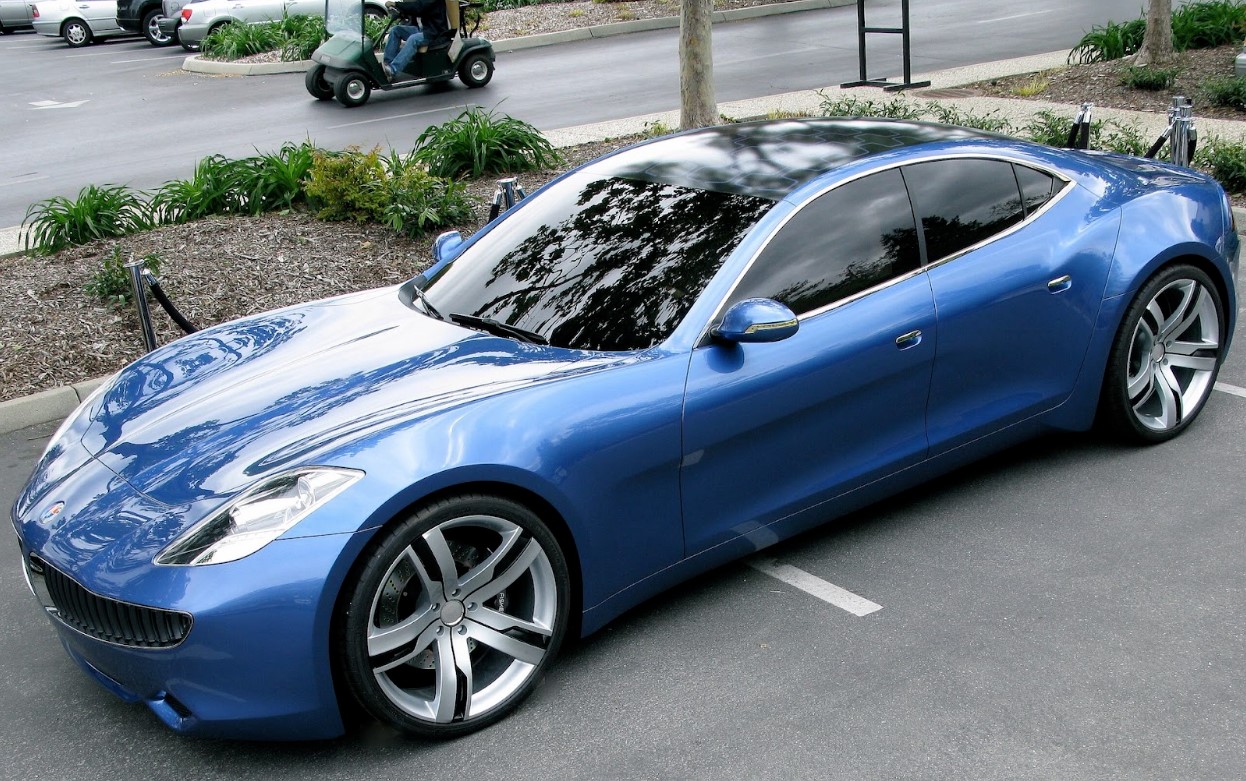
Perhaps Fisker’s founder Henrik Fisker’s previous record should’ve warned us of the carmaker’s fate. Fisker’s previous automaking venture (called Fisker Automotive) went bankrupt in 2013 after burning through more than $1.4 billion.
This latest venture, Fisker Inc., went public through a SPAC deal in 2020. It was valued at $2.9 billion, a norm during the pandemic where startups got quicker access to funds. But this April, Fisker’s market cap hovered only around $21 million. The customers are definitely right to worry.
Global EV Adoption Trends
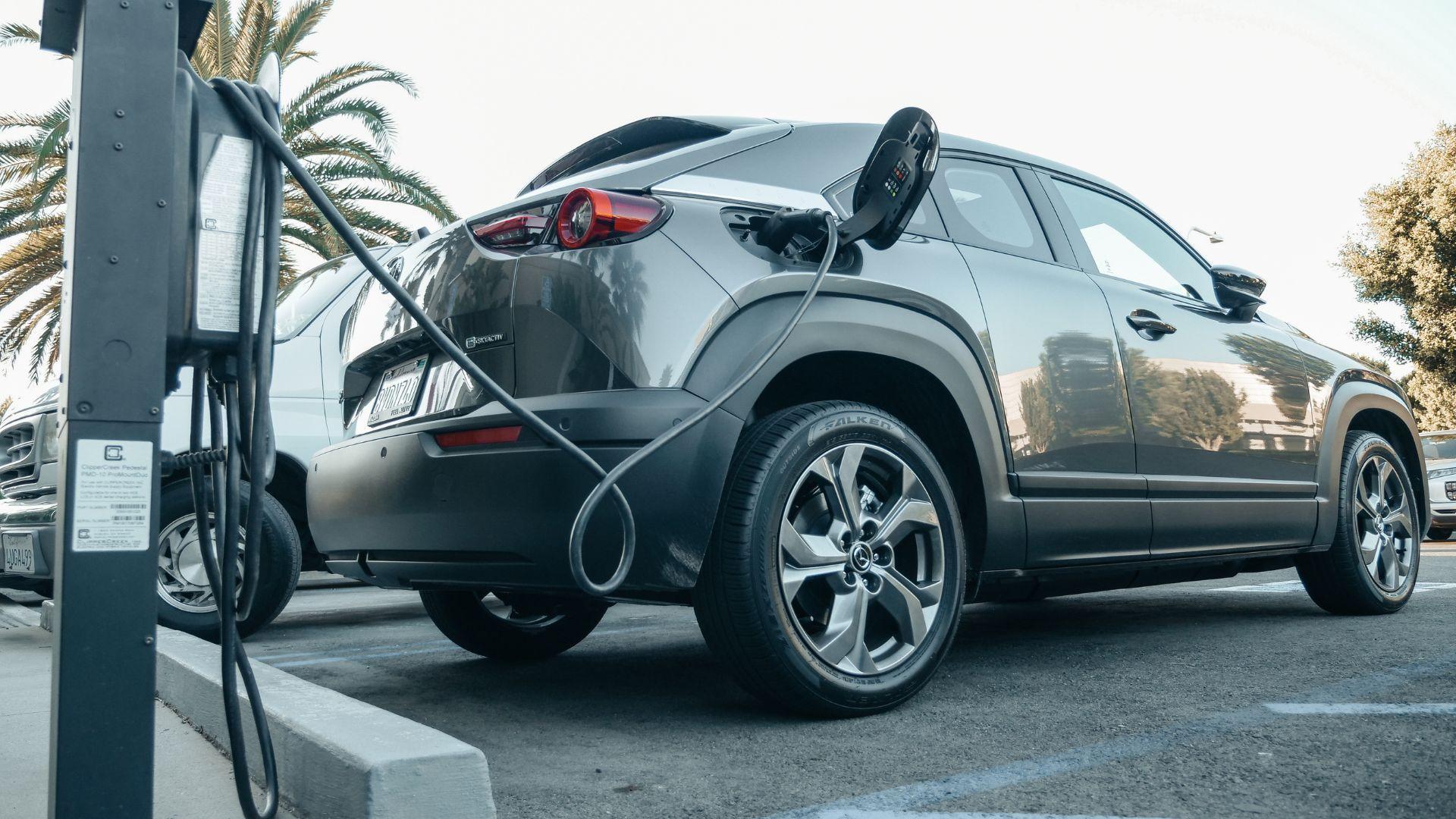
Electric vehicle sales continue to rise, with Europe and China leading the global market in adoption rates.
In 2023, EV sales in Europe increased by 20%, while China saw a 35% growth. The United States is also catching up, bolstered by new federal incentives aiming to make electric mobility more accessible.
Government Policies and EV Growth
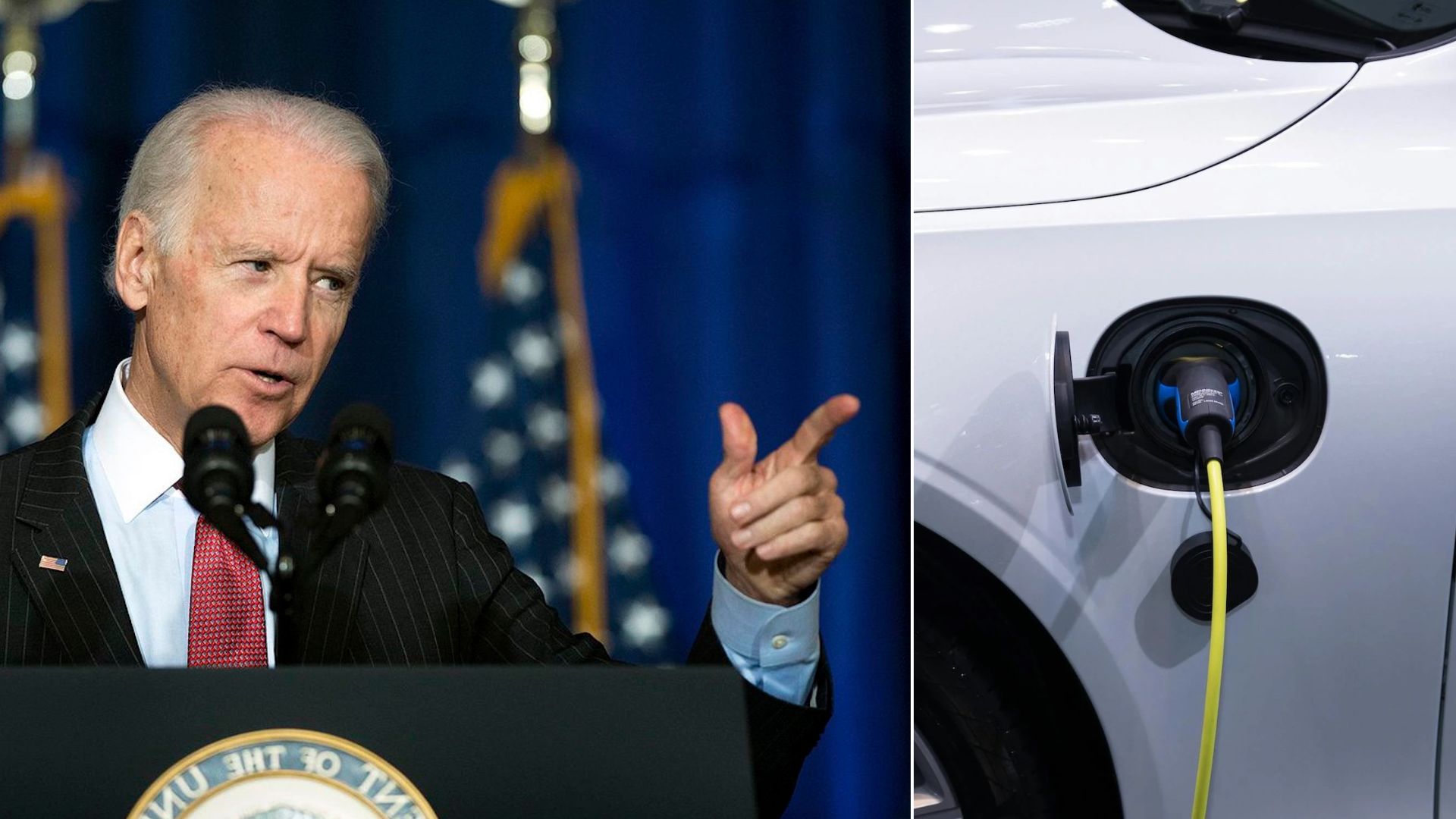
Various national policies have significantly impacted the EV market. Norway, for instance, aims for all new cars sold to be zero-emission by 2025 through tax exemptions and other incentives.
Similar policies in China and the U.S. are not only attempting to improve air quality but also to drive substantial industry growth.
Technological Advancements in EVs

Recent breakthroughs in battery technology are making electric vehicles more viable. Solid-state batteries are promising to enhance range and reduce charging times significantly.
Companies like QuantumScape and Toyota are at the forefront, potentially revolutionizing how EVs operate and their market acceptance.
Environmental Impact of EVs
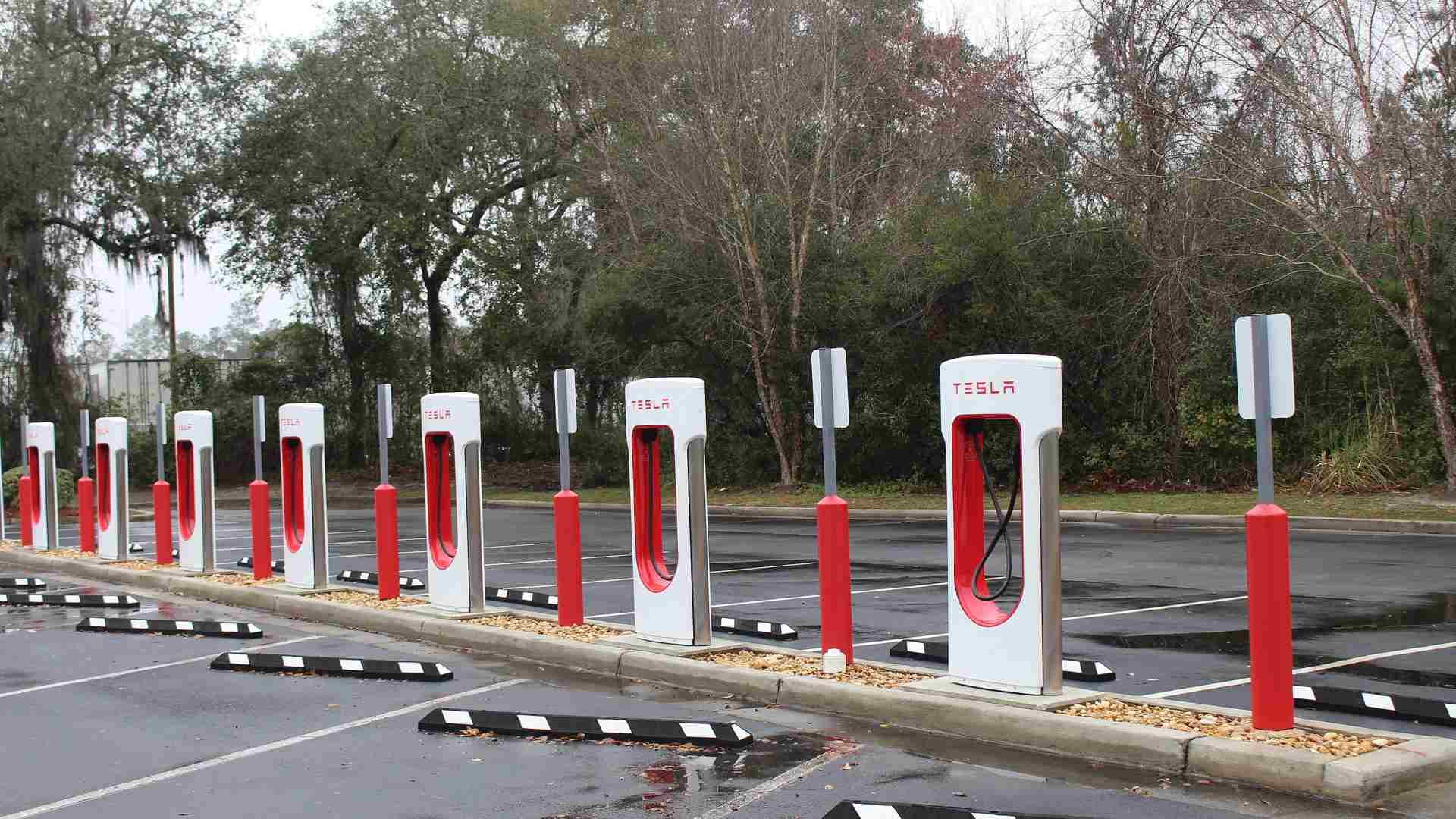
Electric vehicles offer a clear advantage in reducing emissions compared to traditional cars. A shift towards EVs can significantly lower urban pollution levels.
However, the environmental impact of battery production and disposal remains a concern, driving research into more sustainable practices.
Consumer Attitudes Toward EVs
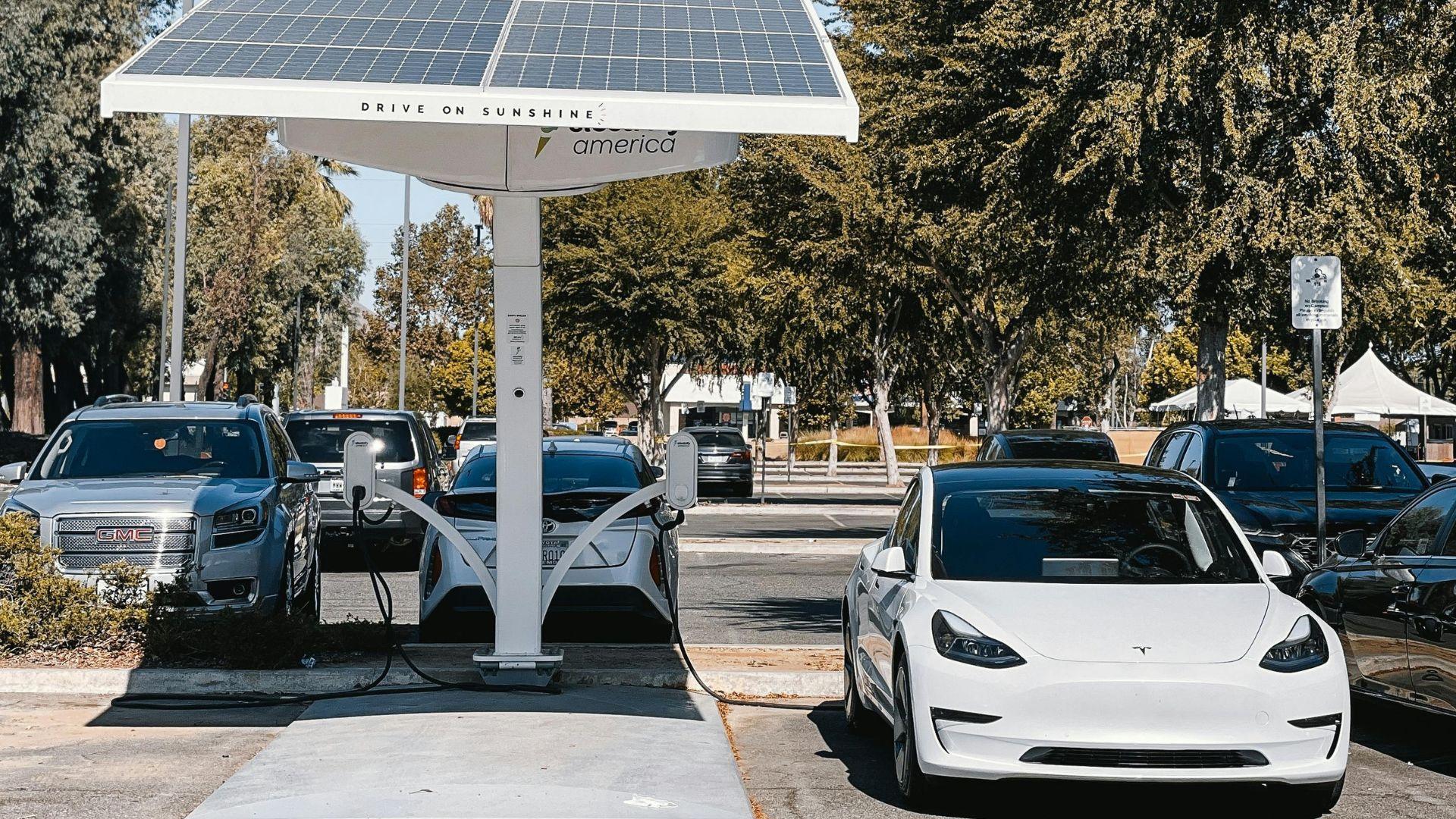
Consumer interest in electric vehicles is growing, driven by environmental concerns and increasing affordability.
Surveys from 2023 indicate that nearly half of potential car buyers were considering an EV for their next purchase, a marked increase from just a few years ago, highlighting shifting consumer priorities.
Comparison of EV Startups and Legacy Automakers
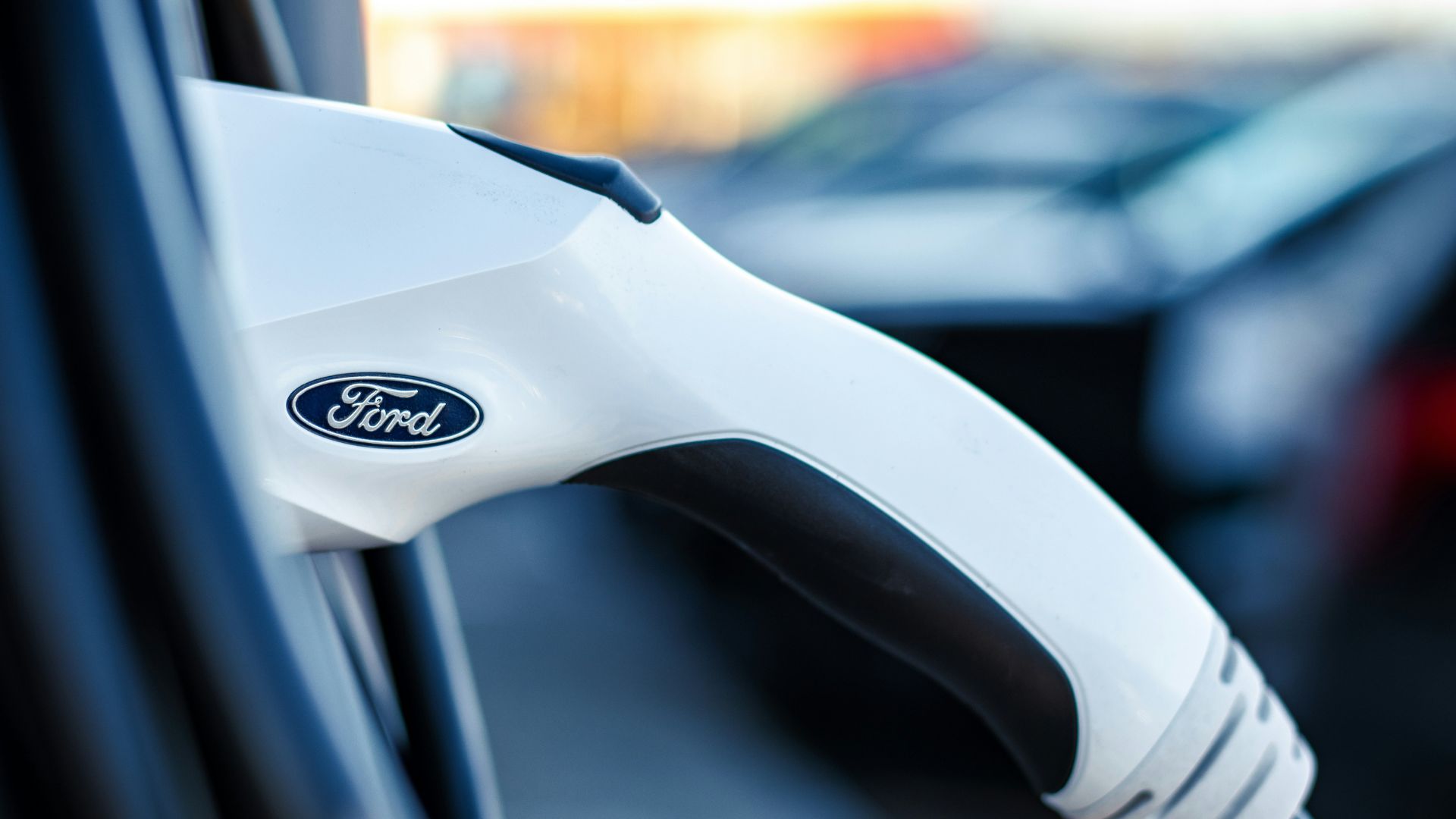
While EV startups like Rivian introduce innovative models, legacy automakers such as Ford are leveraging their extensive manufacturing capabilities to scale up EV production.
This dynamic is fostering a new competitive market where both old and new players are essential for sustained growth.
The Role of Autonomous Technology in EVs
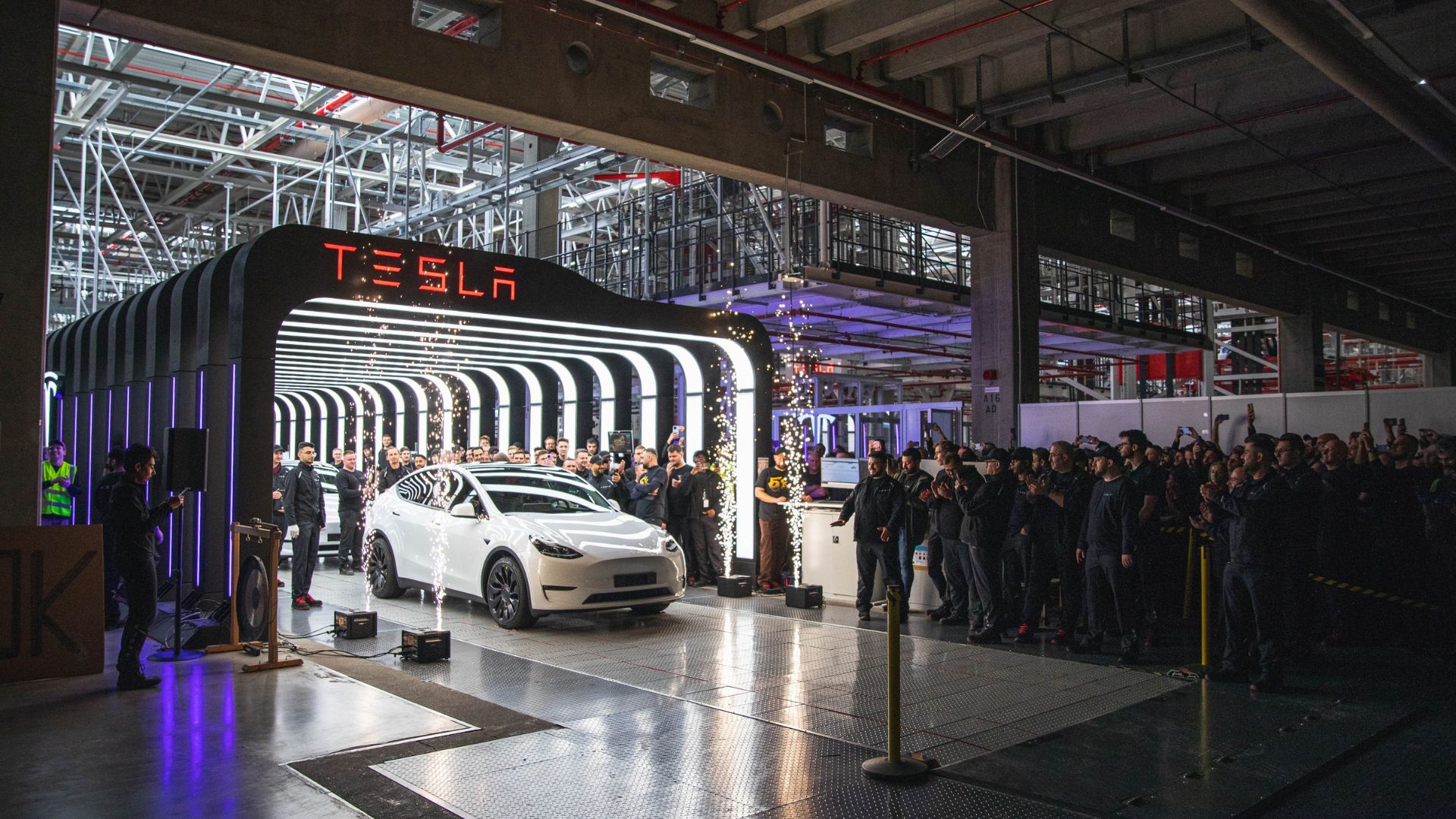
Autonomous driving technology is becoming increasingly intertwined with electric vehicles.
Innovations in this area are expected to make EVs safer and more efficient, potentially reducing traffic accidents and improving road safety, which in turn boosts consumer trust and market growth.
Challenges Facing New EV Companies
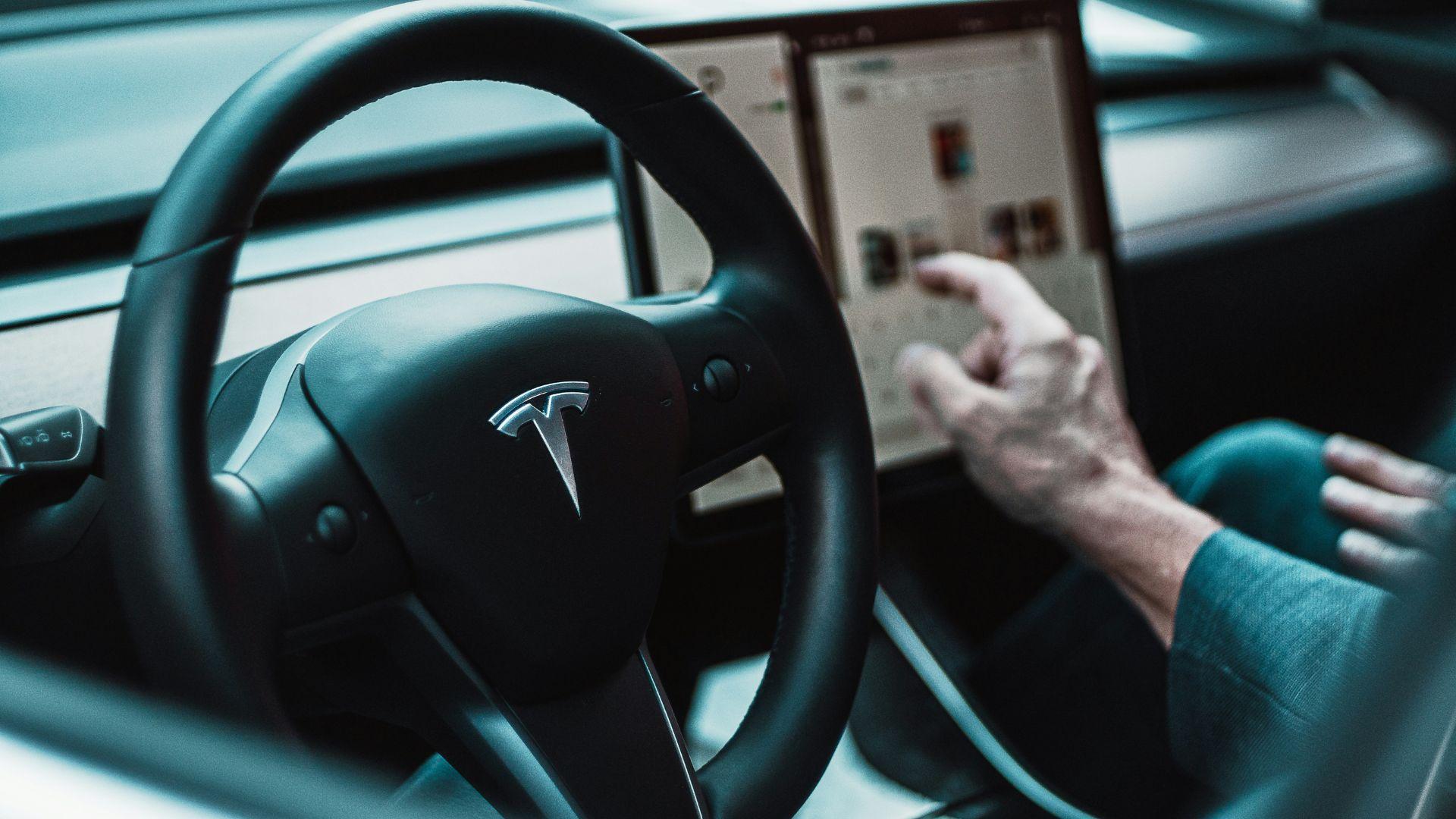
New EV companies often struggle with high production costs and scaling challenges.
Capital-intensive operations and fierce competition from established players pose significant barriers, making it difficult for startups like Fisker to sustain operations without substantial investment.
Impact of Supply Chain on EV Production
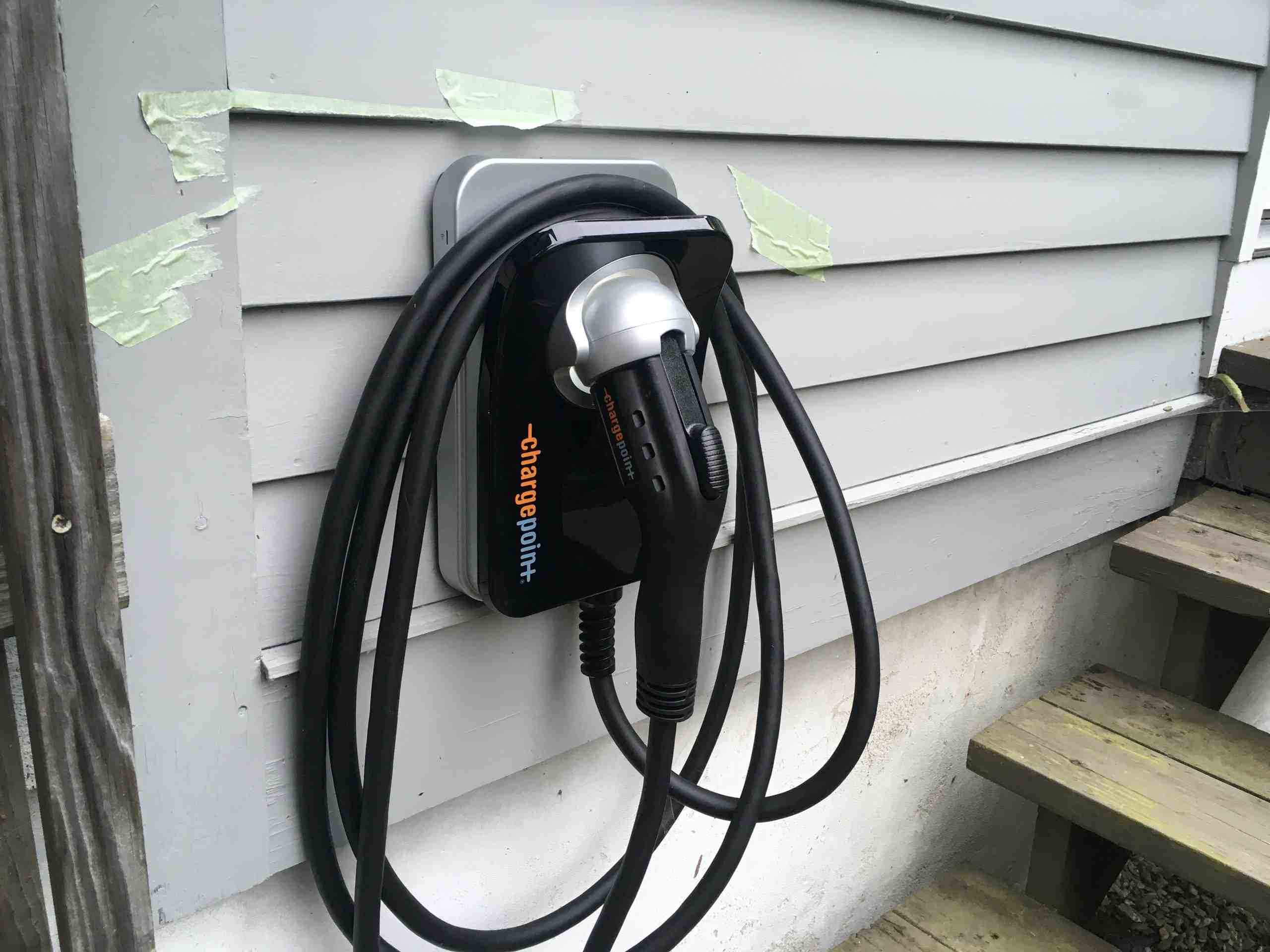
Supply chain issues, such as shortages of lithium and cobalt, crucial for battery production, pose a significant threat to EV manufacturing.
These challenges are prompting companies to seek more sustainable materials and to invest in recycling technologies to secure their production lines.
Future of EV Market Post-Pandemic
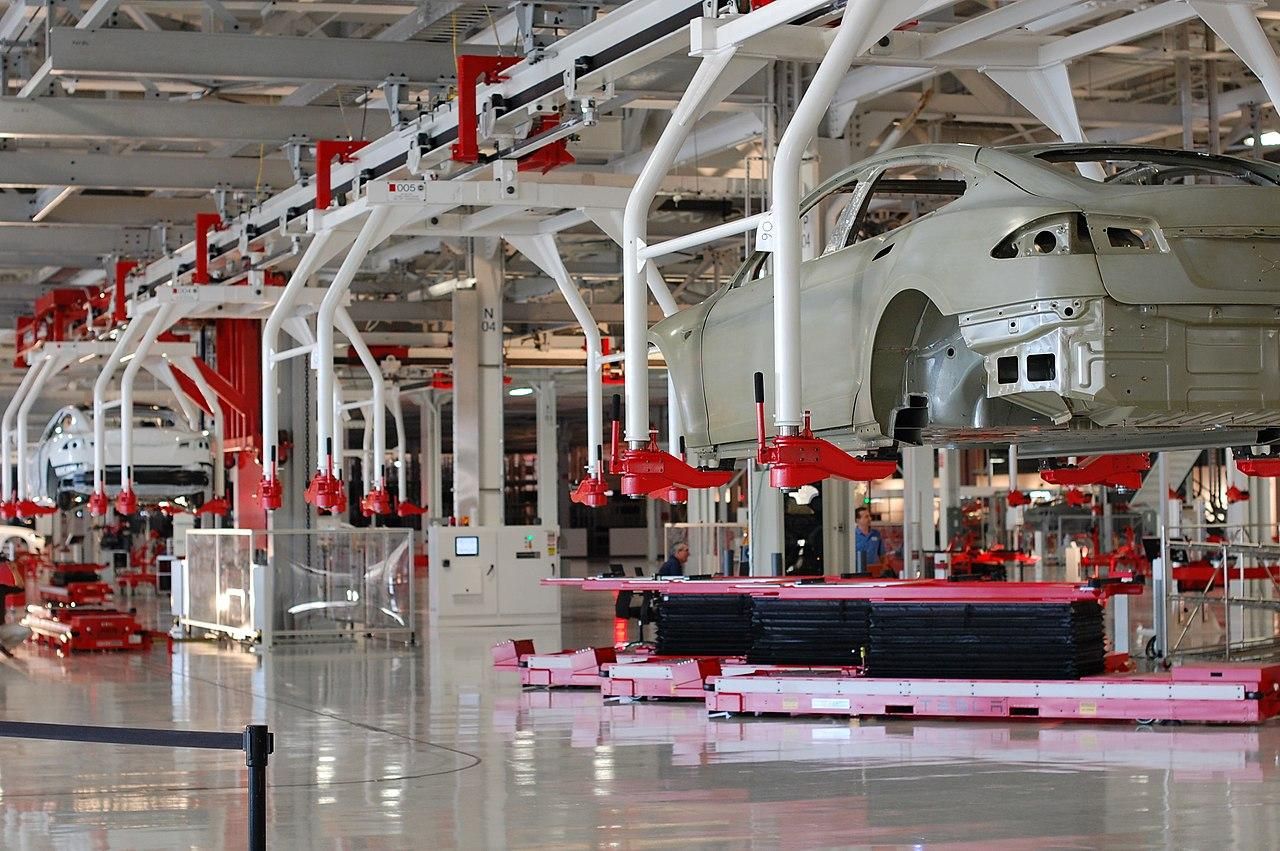
Despite any current hardships, post-pandemic recovery is expected to accelerate the shift towards electric vehicles. With increased environmental awareness and economic incentives, the EV market is poised for significant growth.
Investors are particularly keen on companies innovating in EV technology and sustainability.
Successful EV Models
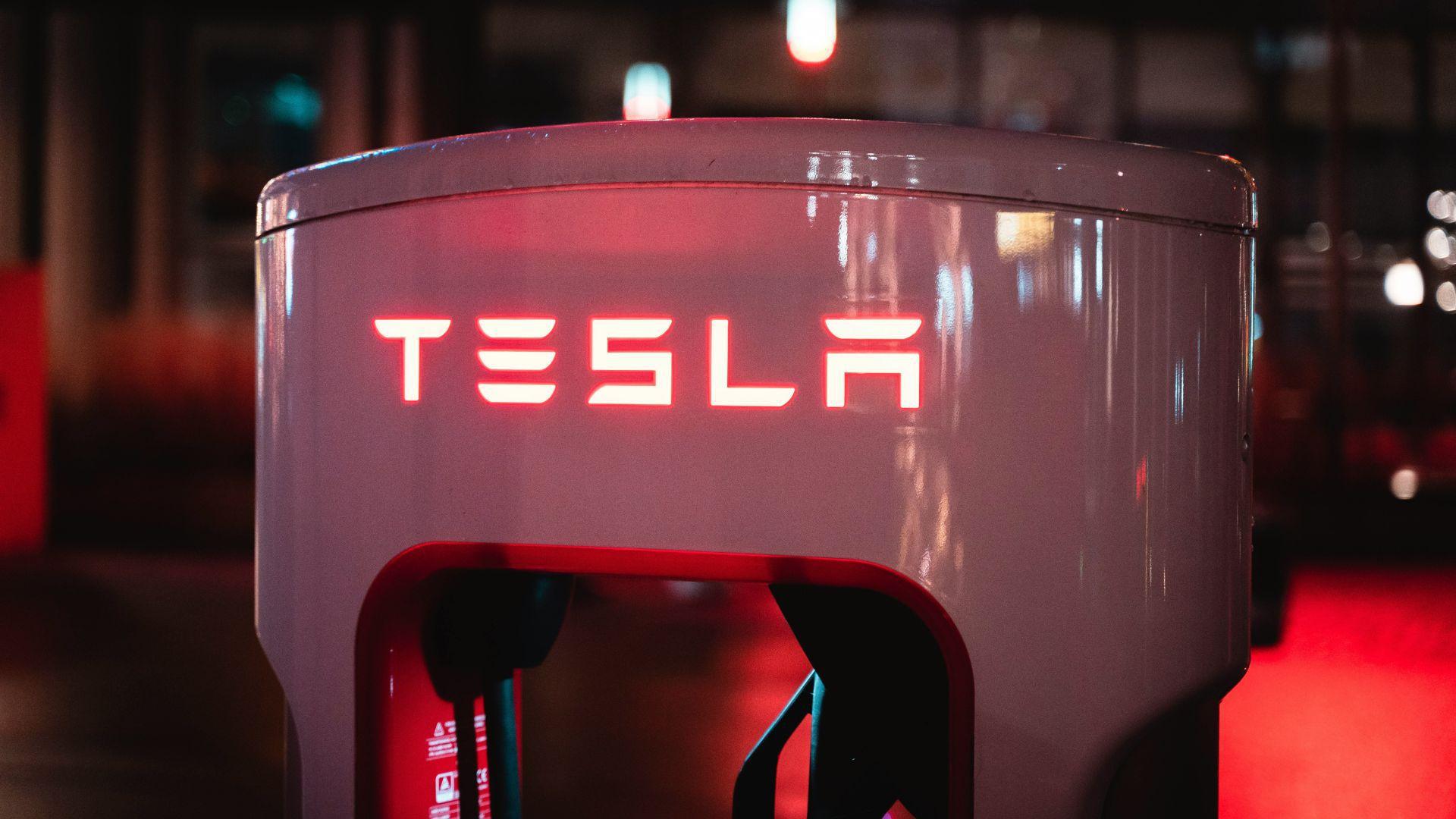
Tesla’s Model 3 and the Nissan Leaf are exemplary in the EV market, both achieving significant sales figures due to their affordability, range, and available features.
These models have set benchmarks in the industry, proving that high performance and accessibility can drive consumer adoption.
Predictions and Future Directions for the EV Industry
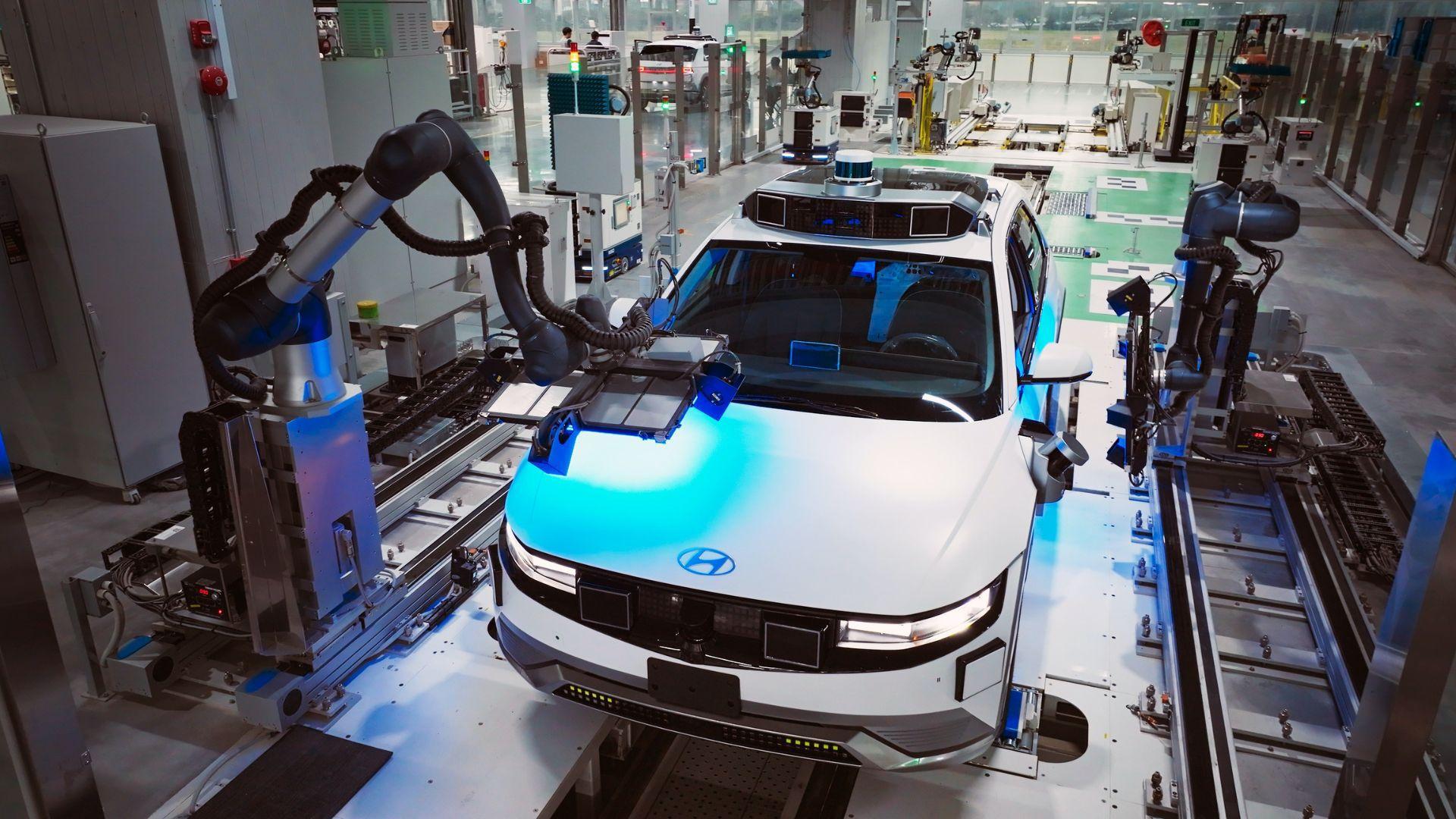
Experts predict that by 2030, EVs will dominate the automotive market. Technological advancements, along with governmental support and shifting consumer attitudes, are expected to drive rapid growth.
The focus will likely shift towards improving battery efficiency and reducing vehicle costs, making EVs accessible to a broader audience.
Diversification Strategies in the EV Market
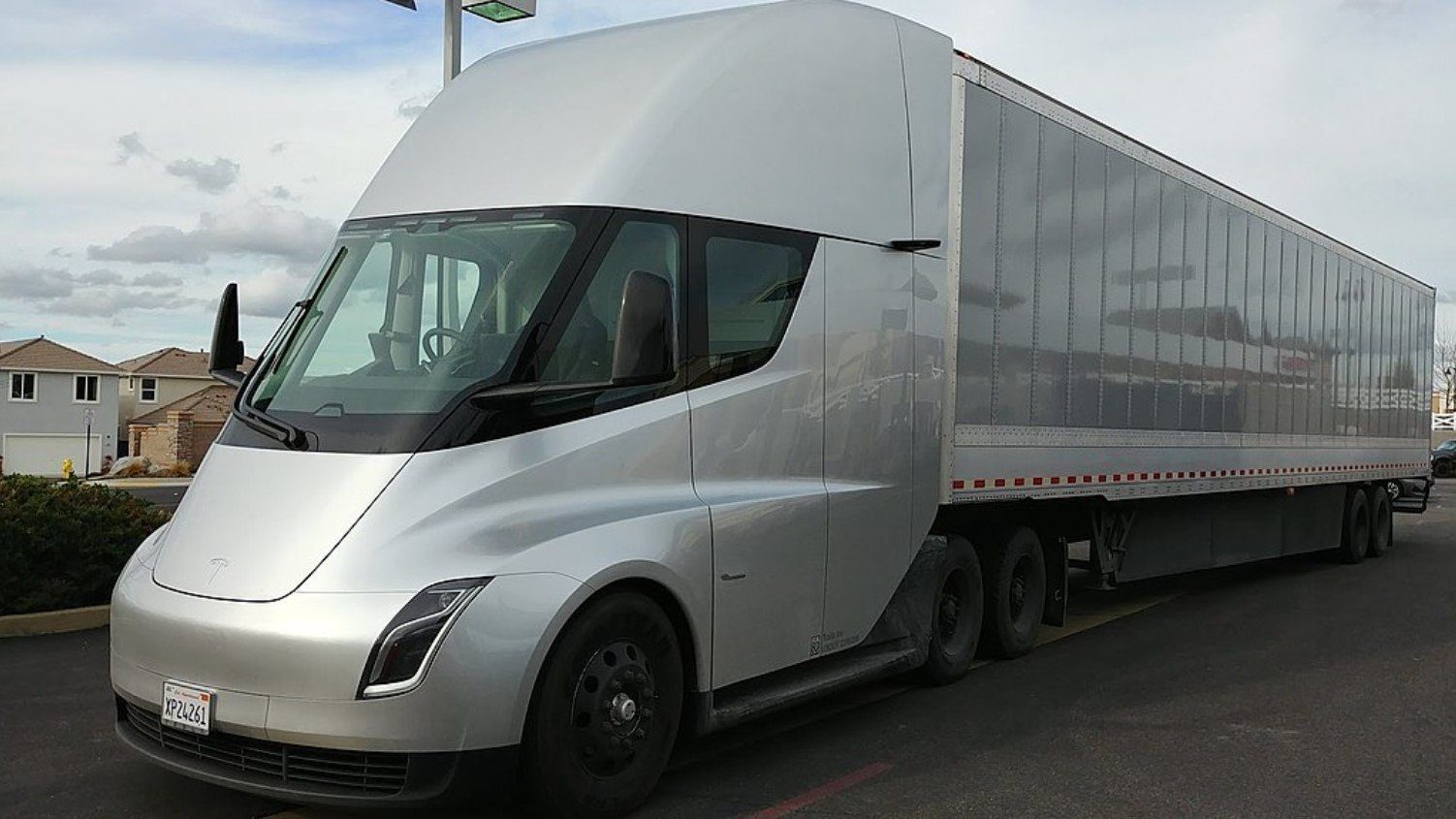
So, what is Fisker — and the EV industry as a whole — really up against? To be frank: a lot. However, there are some avenues that could lead EV companies like Fisker to success.
As the electric vehicle industry evolves, companies are diversifying their offerings to cater to a broader audience. From compact cars to luxury SUVs and robust trucks, this strategic diversification aims to capture various market segments, enhancing the resilience and market reach of EV manufacturers.
Impact of Raw Material Costs on EV Production

The fluctuating prices of essential raw materials like lithium and cobalt are shaping the cost structures of electric vehicles.
These changes have forced manufacturers to reassess pricing strategies and explore alternative technologies, striving to maintain affordability while managing production costs effectively.
Strategic Partnerships in the EV Industry

To overcome technological and market challenges, EV companies are increasingly partnering with tech giants and other automakers.
These collaborations are pivotal in pooling resources for R&D, enhancing battery technology, and integrating advanced software solutions that improve vehicle efficiency and user experience.
Consumer Trust and Brand Loyalty in EV Adoption
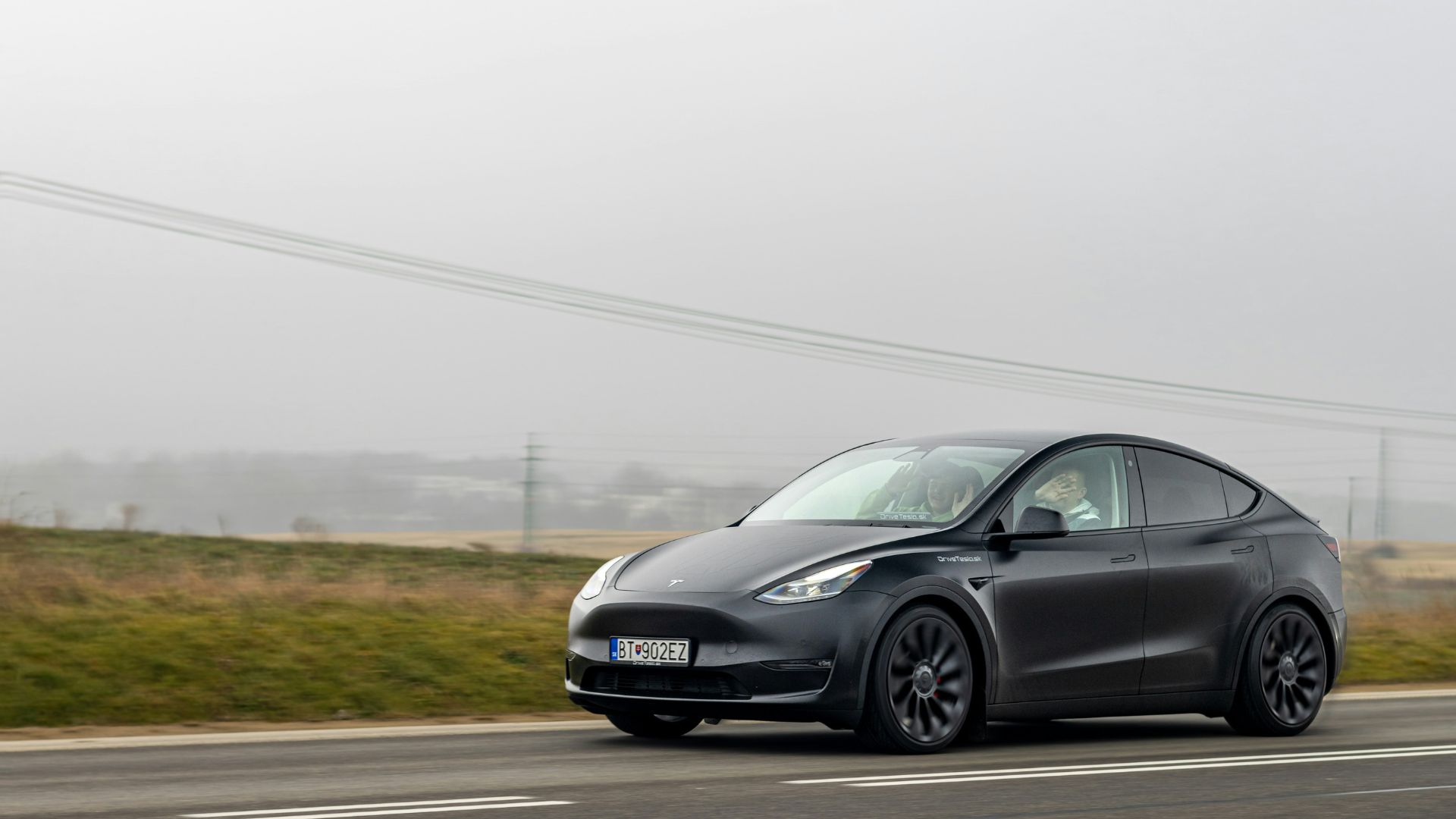
Brand loyalty plays a crucial role in the EV market. Consumers tend to trust established automakers over newer startups due to their long-standing reputation for quality and reliability.
This dynamic challenges new entrants to build trust and ensure reliability to attract and retain customers.
Artificial Intelligence’s Role in Advancing EVs
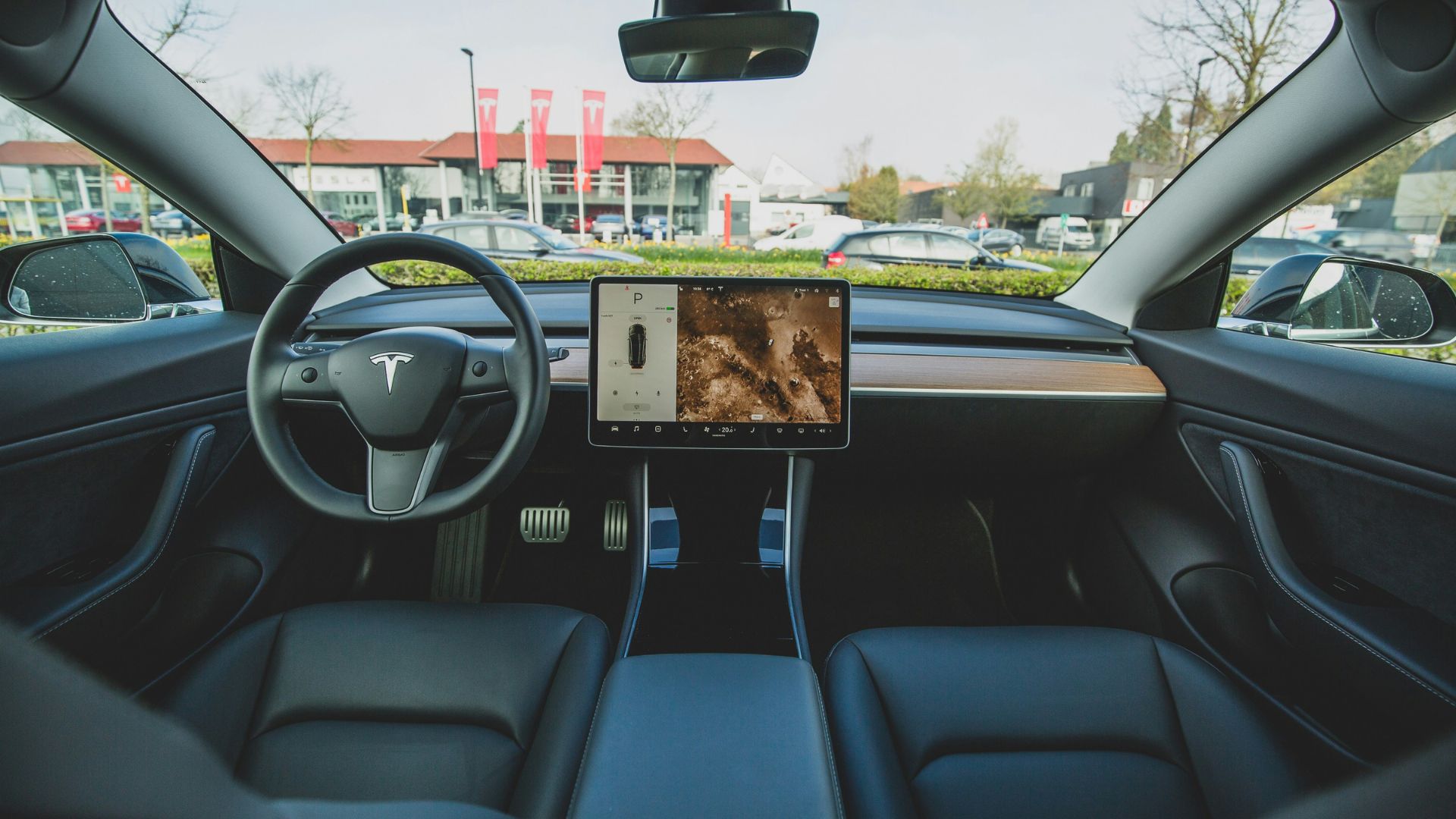
Artificial intelligence is transforming the EV landscape by optimizing battery performance, enhancing autonomous driving features, and improving overall vehicle efficiency.
These advancements are not only pivotal in reducing operational costs but also in enhancing the driving experience, making EVs more appealing to a broader market.
EVs’ Influence on Global Oil Demand

The rising adoption of electric vehicles is set to significantly reduce global oil demand.
This shift could have profound economic impacts on oil-dependent countries and industries, prompting a reevaluation of energy policies and investments in sustainable alternatives.
Trends in the Second-Hand EV Market
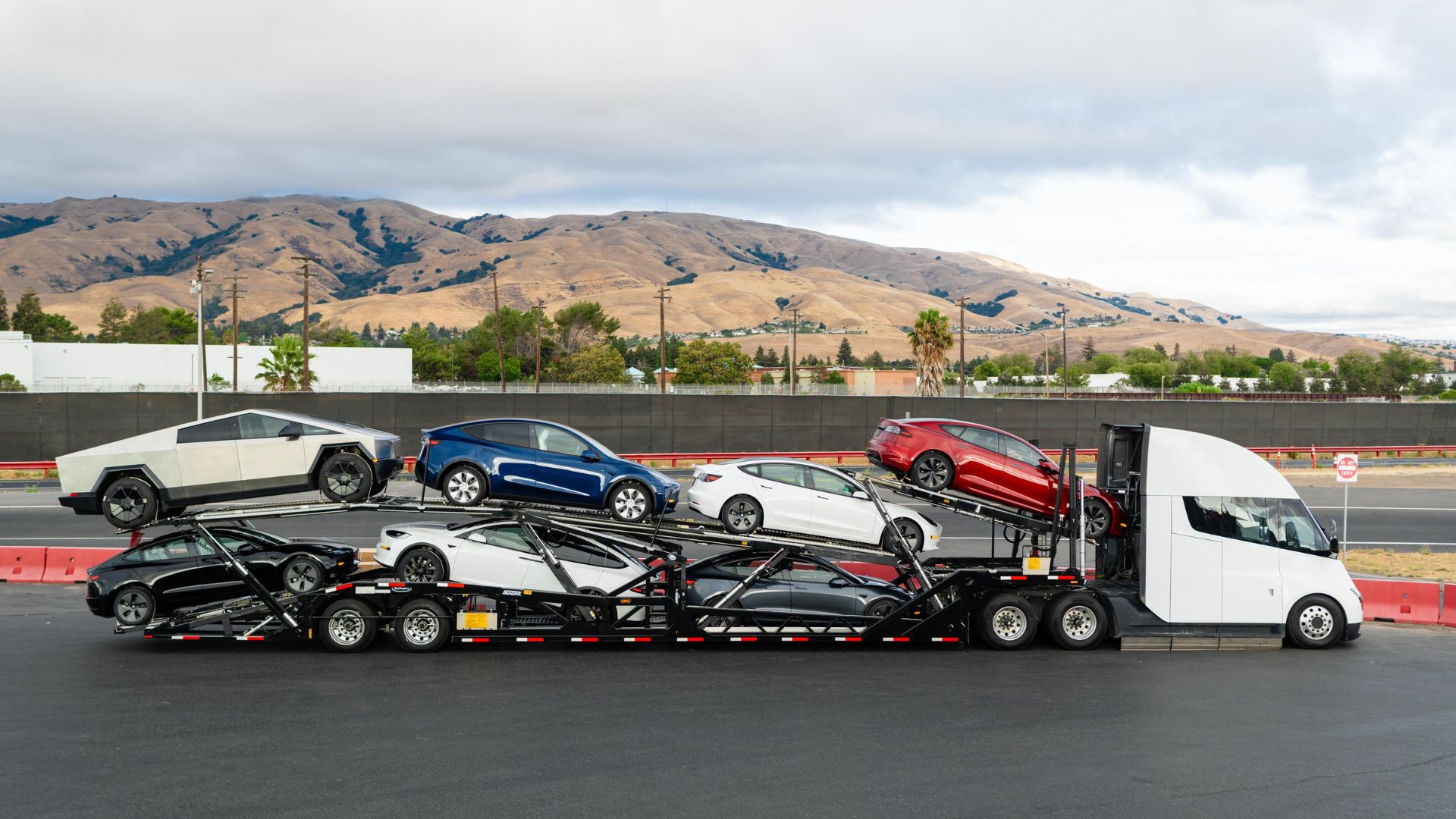
The second-hand EV market is gaining momentum as more electric vehicles enter and re-enter the market.
Factors influencing this trend include the depreciation rates of EVs, the availability of newer models, and the general public’s growing comfort with the technology.
Navigating Regulatory Challenges in the EV Sector
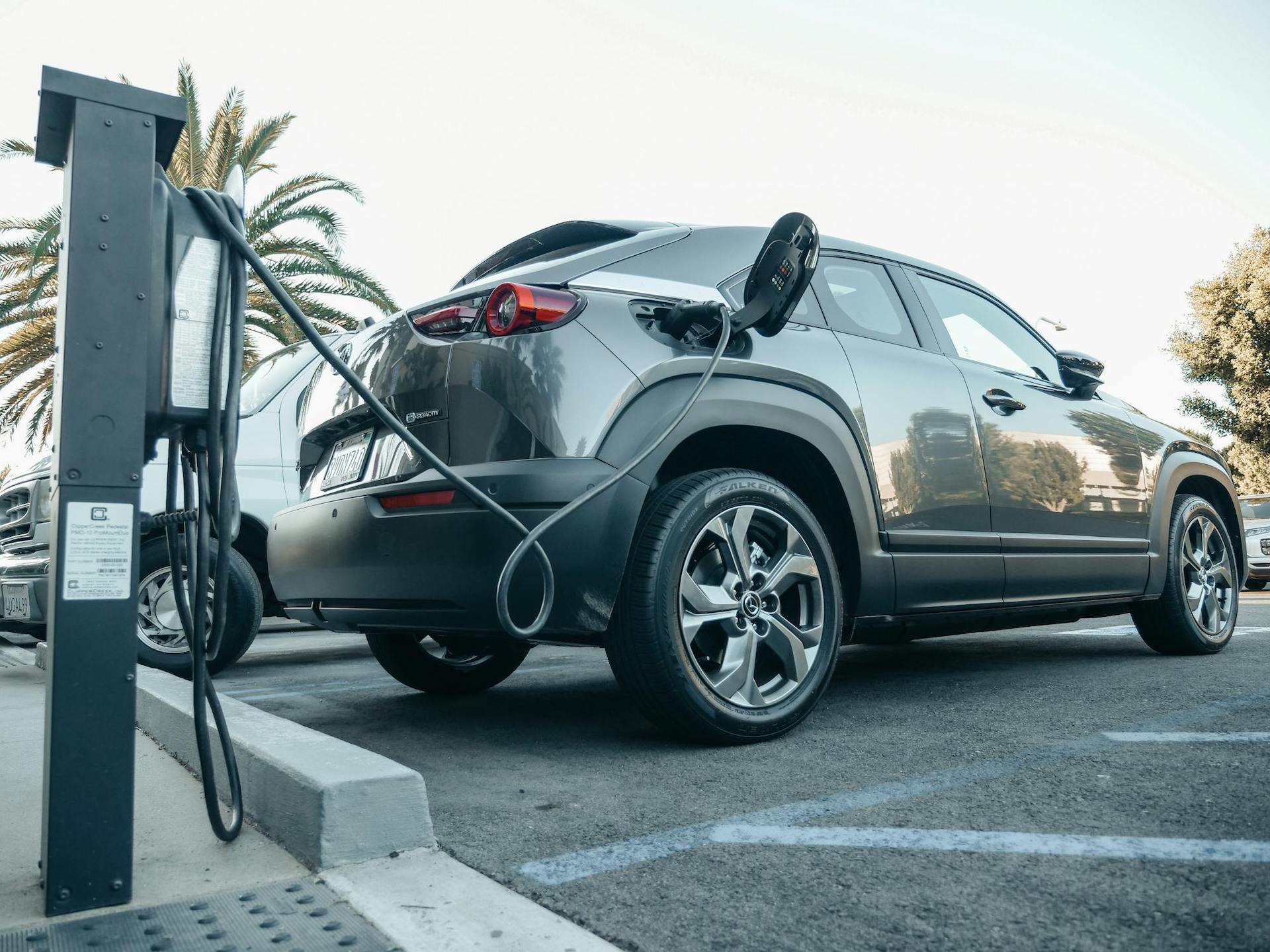
EV manufacturers must navigate a complex landscape of global regulations, which govern everything from vehicle emissions to safety standards.
Keeping pace with these regulatory changes is crucial for companies aiming to expand internationally and avoid costly compliance issues.
Advancements in EV Battery Recycling
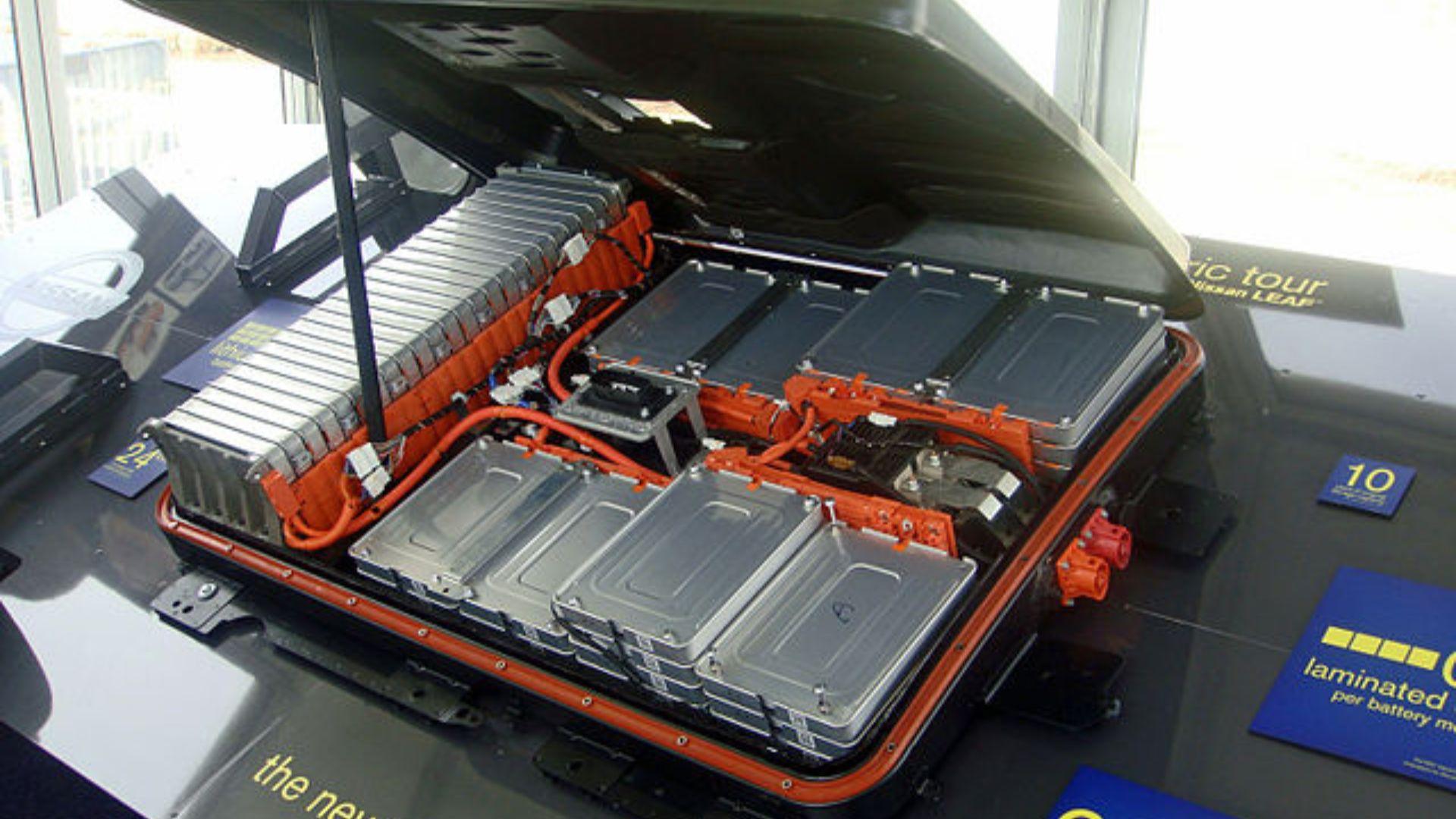
As the number of end-of-life EV batteries increases, so does the importance of efficient battery recycling technologies.
Advances in this area are crucial for reducing the environmental impact of dead batteries and recovering valuable materials, which can be reused in the production of new batteries.
Expansion of EV Charging Infrastructure
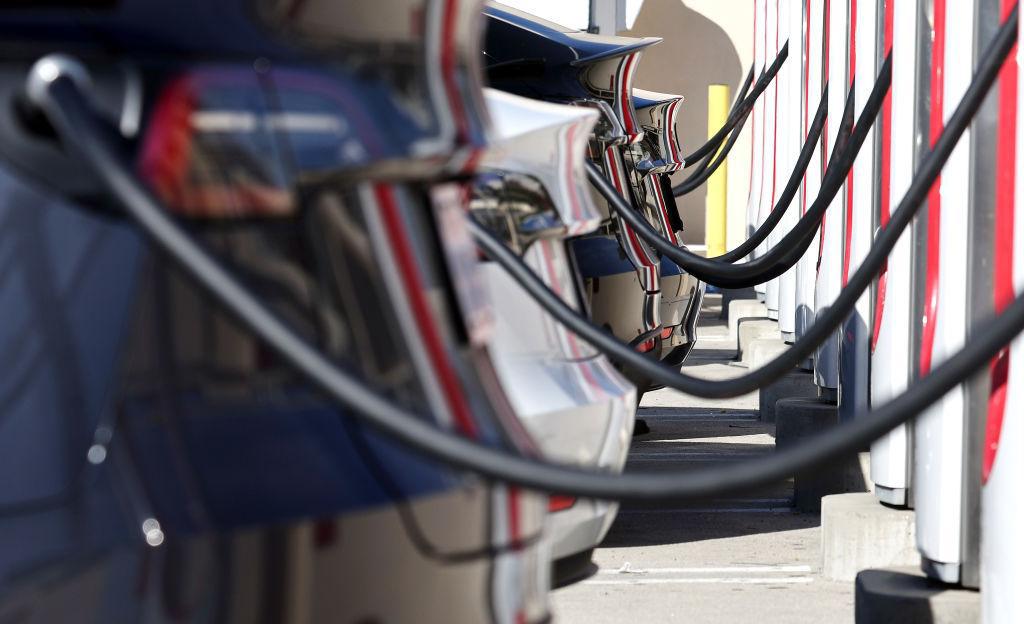
The expansion of EV charging infrastructure is vital for the widespread adoption of electric vehicles.
Governments and private sectors are collaborating to increase the availability of charging stations, addressing one of the most significant barriers to EV adoption and facilitating a smoother transition for consumers.
Electric Vehicles and Urban Planning

Given the above, it should not be surprising that the rise of electric vehicles is actually influencing urban planning strategies.
Cities are now considering how to integrate sufficient charging infrastructure into public spaces and residential areas and how EVs fit into broader public transport and mobility strategies.
Exploring Future EV Technologies
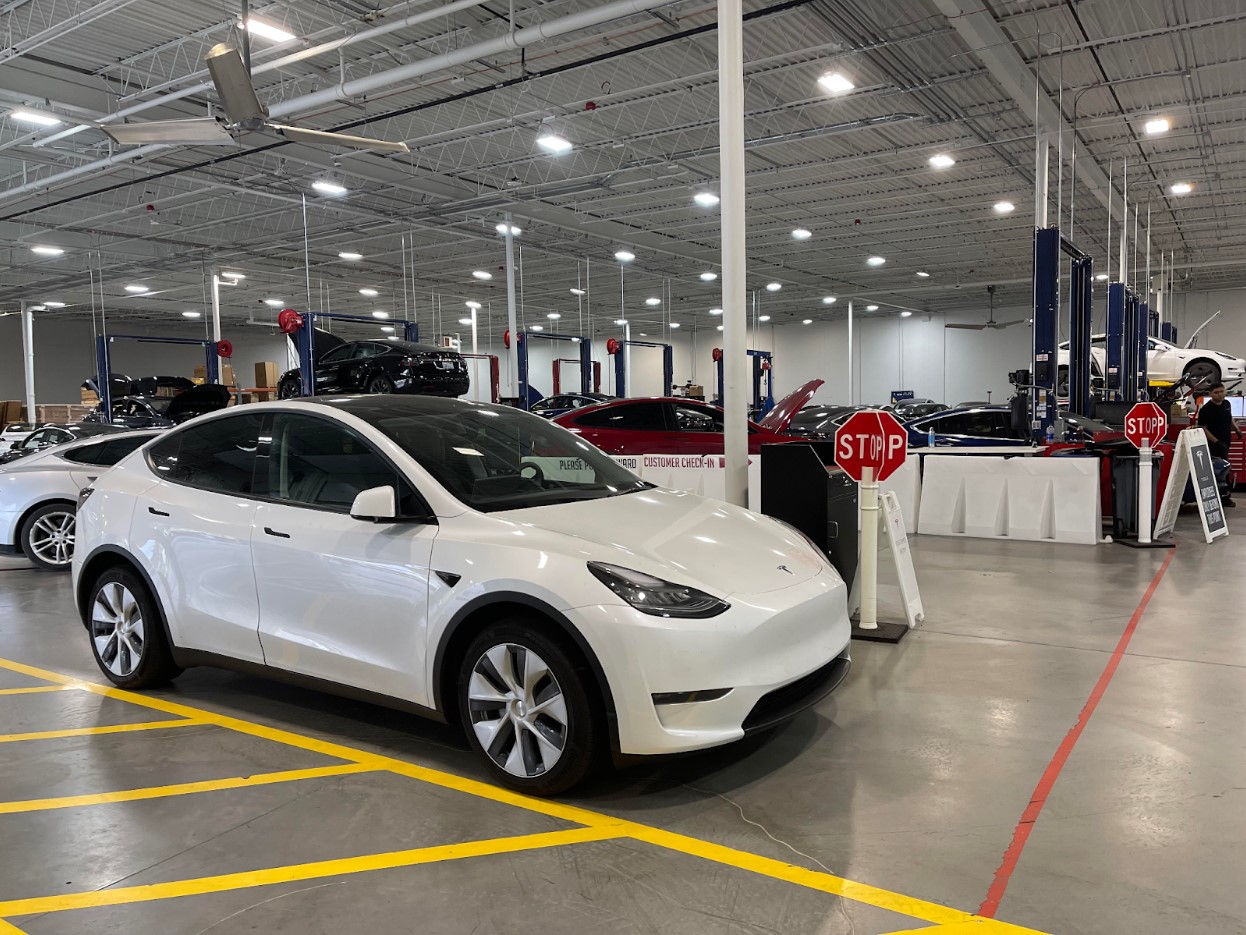
The future of electric vehicles looks promising with ongoing advancements in technology. Innovations such as solid-state batteries, enhanced regenerative braking systems, and more sophisticated autonomous driving technologies are expected to further boost the efficiency, safety, and appeal of EVs in the coming years.
It’s up to companies like Fisker to make the most of these opportunities and provide the best consumer experiences.
